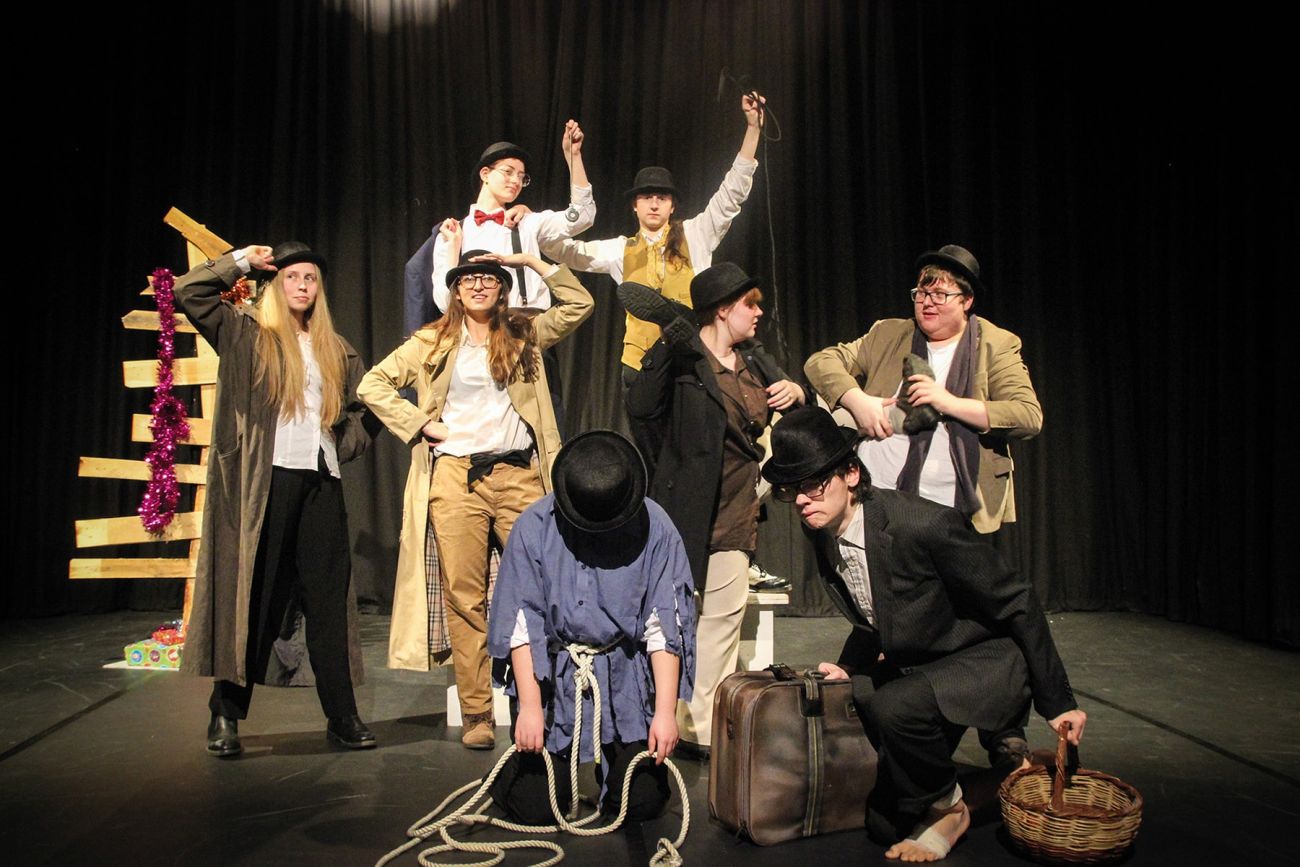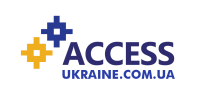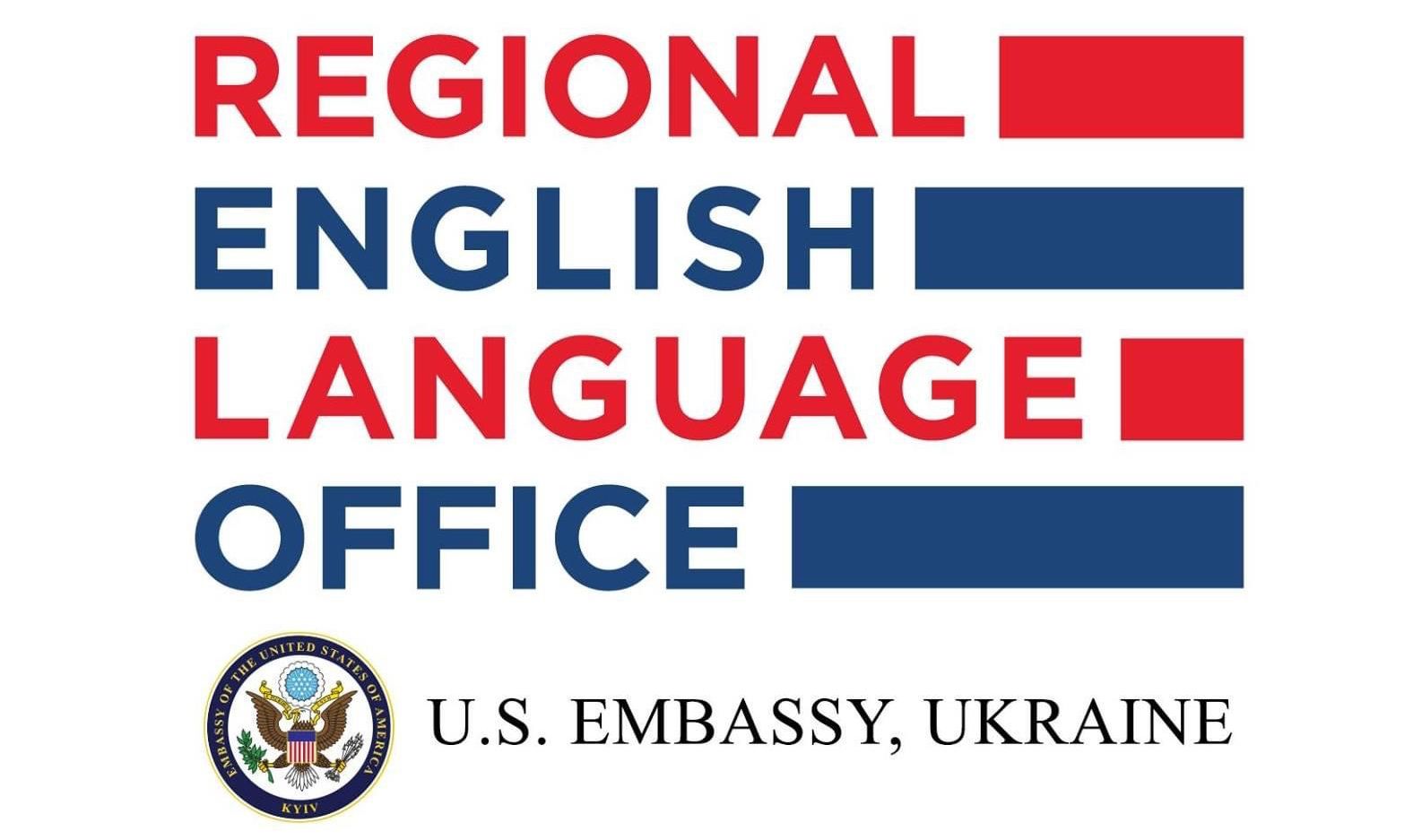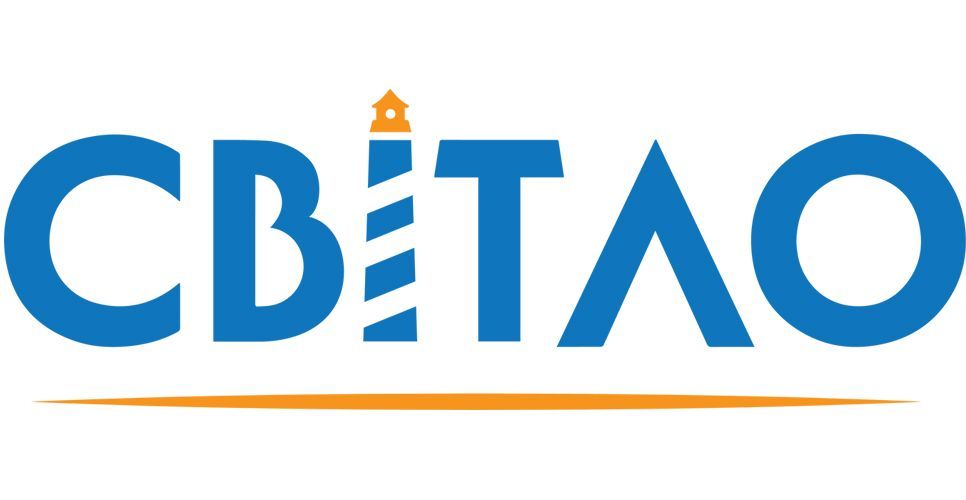Drama is a tool that makes Access in Slovyansk alive!

Drama can be a valuable teaching tool. It makes the mood of students better and it is a perfect activity to interact with each other. It’s particularly appealing to all types of learners, especially kinesthetic learners. It also contextualizes language, making real and three-dimensional that which is on the printed page. It is a useful tool for developing emotional intelligence. Drama offers opportunities to simulate real-life situations, draws on the creativity of students and introduces them to the cultural significance of various gestures and body language familiar to native English speakers.
Using drama at class is not easy method and it needs much preparation for teacher and students. Firstly, we acted dialogues, then we came to performing Reader’s Theater, Giving «Voice» to an Inanimate Object, creating mimes and writing a monologue, tried synchronized storytelling, did body language exercised and acted gestures and emotions.
At classes of the English Access Microscholarship program we used drama regularly to make our students unite and motivates. Sloviansk Access group wrote scrips for secondary school pupils and helped them to play. We created pre-praying activities as a volunteer work and shared them with teachers of secondary schools of Sloviansk and Kramatorsk. It was really unbelievable to see how we can express different emotions in Zoom!
The best performance was THE SHOW MUST GO ON! This drama performance was created by English Language Fellow Jean Charles.
He wrote the impressions «We finally did it! I am proud and honored to submit the final and best Zoom recording of the Slovyansk English Acces Microscholarship Drama Club production of THE SHOW MUST GO ON!!
It was quite an undertaking, and many of our students at both Donbass University Teachers College and Windows on America Slovyansk Center went above and beyond to make this project happen. And I cannot thank enough the help and support provided by my Academic partner Marina Shevchenko to aided tremendously in recruiting, organizing and mapping the logistics of this project.
The reality is that I woefully underestimated the amount of time that I and Marina would have been devoting to this theater production, and the upcoming lectures we hope to give on other teachers and Fellows can pull this off. For instance, before rehearsals even began, I had devoted more than 25 hours to researching and rewriting playwright Richard Via’s play The Show Must Go On, to make it appropriate for a Zoom online production and expand the lines of characters so that all actors would have a chance to shine. If possible, I would like to submit an amendment to the amount of funding we originally asked for.
We had meetings and conference calls in addition to rehearsals to both recruit students, answer their questions on what was required of them in terms of participation, coordinating rehearsal time, and most of all troubleshooting technical difficulties such as the lack of internet for certain actors. Some actors dropped out, and this required the remaining performers to double up on role mid-rehearsal month.
Lastly, we submitted awards or Certificates of Participation to the student and scholars who hung in there all the all and performed in the recorded production. I am truly awestruck by the job they did. They are superstars. And a special award must go to Microsholarship Scholar student Daria Poprotska who stepped in to both record and provide technical help and coordination my laptop and Marina’s laptop and phone had issues».
Drama helped Access students in Sloviansk imagine themselves in the role of teachers for secondary school pupils of Slovyank and Kramatorsk. Drama helped us to unite towns, cities, countries, different cultures, genders, ages! Is not it cool!
Author: Maryna Shevchenko




© 2023 - Accessukraine. All rights reserved.